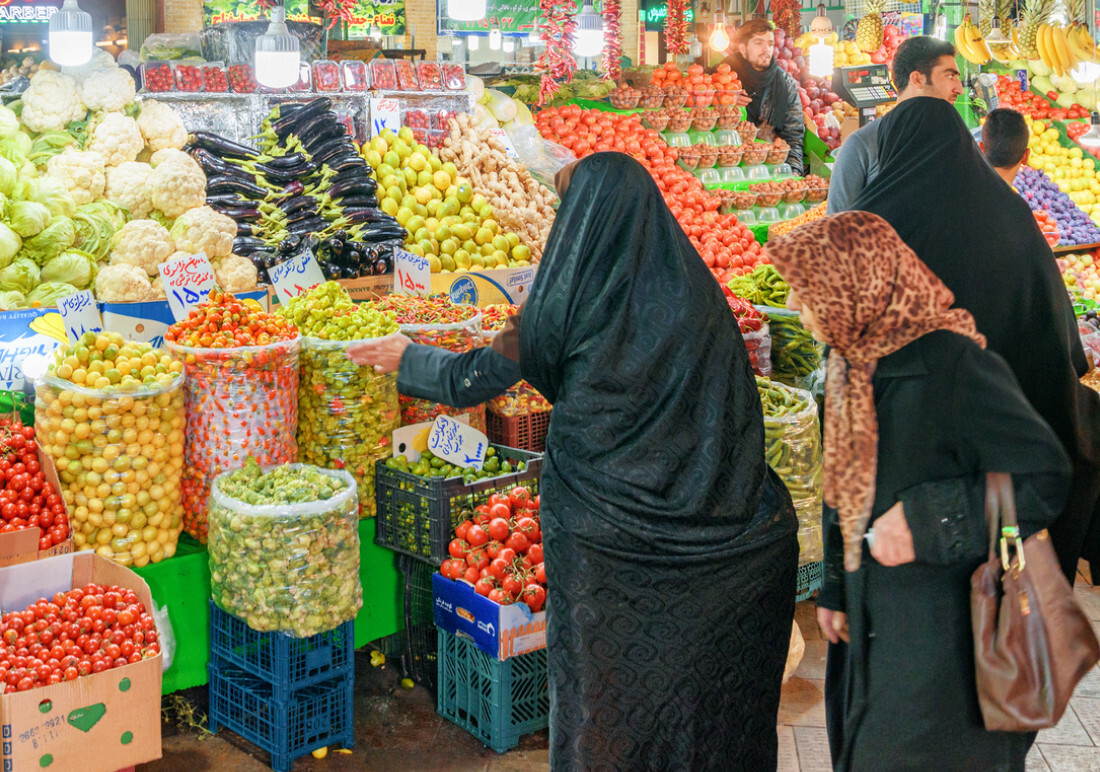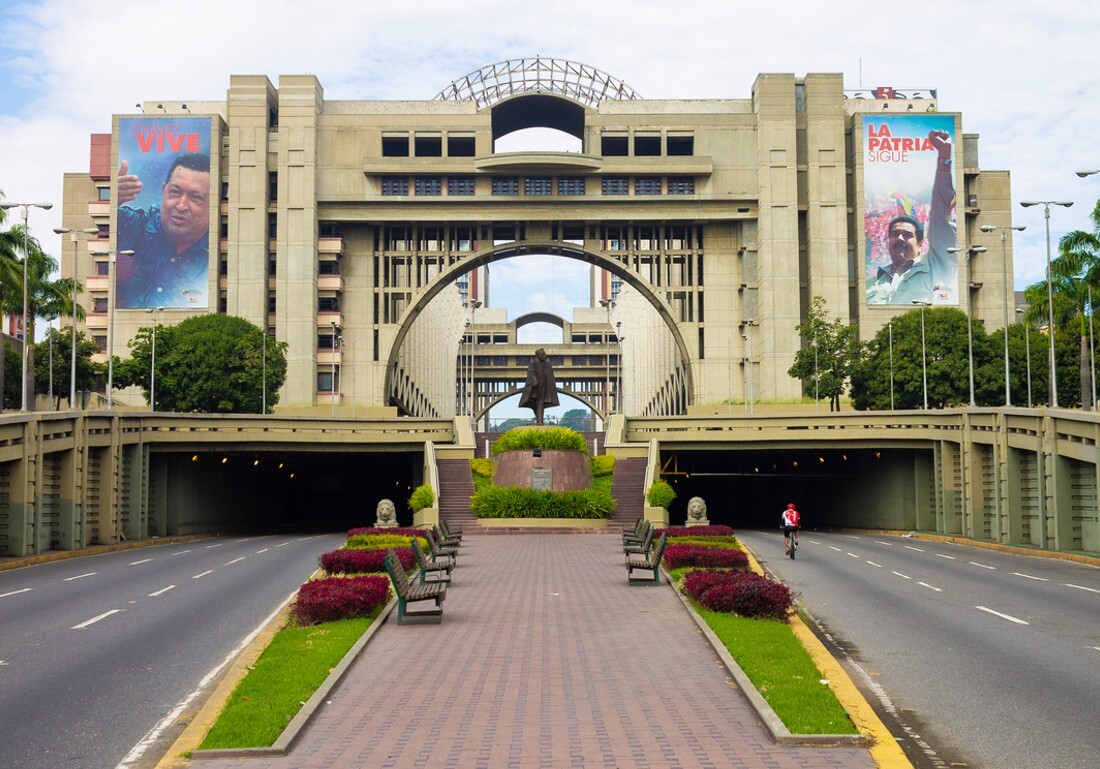L'Africa, per il momento, non mantiene la sua promessa di digitalizzazione. Cosa impedisce al leone di ruggire?
As the COVID19 pandemic unleashed, fundamental questions about the future of society have arisen. Will this be a mass surveillance society? To what extent our fundamental freedoms will be restricted in the name of public health? And, in that case, who will oversee the drawing of the line between individual freedom and collective security? Also, what will the future of work be?
However, present challenges can be properly balanced with future opportunities, the most blatant one being the acceleration of the digitalization process.
In general, the virus shed a light on the increasing impact that digital technologies will have on our daily lives and the future of nations. An evidence that can no longer be ignored. Moreover, it highlighted the existing digital gap among countries and among age-ranges.
The importance of digitalization:
Digitalization has a measurable effect on economic growth and job creation. In fact, digitalization has created some 1.5 million jobs. And, according to estimates from a study conducted by the consulting firm Roland Berger, in 2030 there will be a shortage of some 50 million skilled workers in the European market alone. The shortage will touch upon many sectors, not only the IT one. This means that the demand on the employment market is and will increasingly change and that the offer will need to adapt its skills to match it.
In fact, according to a research made in 2018, the digital maturity across sectors using Information and Communication Technology (ICT) is relatively low in the USA, Europe and China, which are the most digitalized areas in the world. The pace of digitalization is around only 25% of its potential. Furthermore, it indicated that an additional $13 trillion could be added to the global GDP by 2030 from today precisely through this process. Somehow, this reinforces the idea that is data and technology that will increasingly determine the wealth of nations. And, there is much potential that remains untapped.
An opportunity for African growth
Nevertheless, the digitalization process, in the immediate, will prove particularly burdensome for low skilled senior workers. In fact, this category receives very little training compared to their better skilled and younger counterparts. For example, only about 20% of low-skilled adults receive job-related training, which is 40% points below that of high-skilled adults, in the OECD area on average. And if digitalization represents already a challenge for developed countries, this prompts the question on how developing countries will deal with it, being their workforce mostly low-skilled?
According to the World Bank, while there is room for concern, digital transformation represents also a big opportunity for Africa, which is the youngest continent. Nowadays, 60% of Africans are under the age of 25. Almost half of the 1.3 billion Africans alive today were born after the terror attacks on America in 2001, the median age of 19 is less than half that of Europe which is 43. And, the number of young people in Africa is expected to grow in the decades ahead (Figure 1). This means that a lot of young people have the potential to learn the skills necessary to harness the opportunities presented by digitalization. In fact, a recent study showed that faster internet speeds in African countries corresponded to increased employment rates not only for university graduates, but for those workers who had a secondary or even only a primary level of education.
Where Africa stands on its path to digitalization
While the digital potential of the African continent has been long praised, what are today the premises for the promise of tomorrow’s digital Africa to be realized? Currently, the geographic divide of the digital economy does not follow the usual North-South gap. Evidence shows that the digital transformation is being led by a developed country, the USA, and, a developing country, China.
The present seven “super platforms”, Microsoft, Apple, Amazon, Google, Facebook, Tencent and Alibaba account for two thirds of the total market value and they are either American or Chinese owned. Only these two countries, account for 90 % of the market capitalization value of the world’s 70 largest digital platforms. To put things in perspective, Africa and Latin America’s together is only 1 per cent. And, Africa is an entire continent.
Therefore, Africa, now, is not keeping its digitalization promise. A fast look at the different sectors of digital economy, shows that Africa is lagging behind:
-Blockchain technologies: some are being used in the areas of fin-tech, land management, transport, health and education. However, their use depends heavily on reliable electricity supply which is not guaranteed in Africa;
-3D printing: it is currently serving local entrepreneurship in Togo, medical supplies in Uganda and filling import gaps in Nigeria, commercial ventures in South Africa and for renewable energy in Rwanda. But it remains heavily concreted in the hands of five leading countries which account for an estimated 70 per cent of the total and none of them is African.
-Fifth generation (5G) wireless technology: again, it is estimated that the leaders in its adoption by 2025 will be the United States, followed by Europe and Asia Pacific. Africa’s adoption is hindered by a lack of investment in the required infrastructure. By 2025, the Republic of Korea will reach a 59% of 5G total connections share compared to a 3% in sub-Saharan Africa.
-Cloud computing: from 2016 to 2021, cloud trafficking is expected to grow fastest in Middle East and Africa (Figure 2). Nonetheless, at the moment, most of it is generated in North America, Asia Pacific and Europe. This is because the costs of additional international bandwidth to access overseas servers and data centers still limit the uptake of cloud services in developing countries. To date, this is a highly concentrated market: the share of the top five providers, Amazon Web Services (AWS), Microsoft, Google, IBM and Alibaba, exceeds 75 per cent, with AWS alone accounting for over a third of that market.
-Artificial intelligence: while this technology is estimated to generate an additional global economic output of around $13 trillion by 2030, contributing to an additional 1.2 per cent to annual GDP growth, it is also set to widen the technology gap between developed and developing countries. In fact, Africa and Latin America are likely to see the lowest gains.
Obstacles to a digital Africa
According to McKinsey’s report “Lions go digital”, digitalization could contribute to as much as $300 billion a year to Africa’s GDP by 2025. Then, what is preventing the lion from roaring? Africa has made a significant jump during the last decades. In sub-Saharian countries, in 2017, the penetration rate of mobile subscribers was around 44%, compared to a global average of 66%. This has resulted in an improvement in financial inclusion, thanks to the incredible growth of mobile money, account ownership in Sub-Saharan Africa increased from 23 percent in 2011 to 43 percent in 2017. However, three of the most populated countries of the continent, Nigeria, Ethiopia and Egypt register low rates of financial inclusion, below 40 percent and a scarcity of mobile money services.
Africa, like other continents before, experiences the booming of mobiles and apps that offer great solutions to common problems of African citizens. Most of the apps are focused on the largest economic sector in Africa, agriculture. Most of them are engaged with connecting business, NGOs and governments with farmers. While these changes certainly make people’s lives easier, this situation highlights how much Africa lacks basic infrastructure. On one hand, a farmer can count on such advanced apps to encounter the demand on the market. On the other hand, farmers struggle with irrigation, a lack of electricity and the scarcity of regulations and subsidies put in place from their governments. To date, for example, only 37 per cent of people in sub-Saharan Africa have access to electricity (Figure 3), leaving some 600 million people without light.
Indeed, Africa is passing from an agricultural economy to an advanced one without experiencing an industrial revolution in between and all the institutional and social developments connected to it. What took Britain around 150 years to deploy different energy sources for its development, is now taking considerably less generations to developing countries to achieve, without passing through said industrialization. This results in the uptake of advanced technologies without the sustain of a solid regulatory base, laws that enable investments and laws on the competition of this new markets are not present, regulations on privacy either. The lack of laws depends on another lack, lack of institutional capacity. African governments must make very important policy choices, on a very short budget. Tax and regulatory frameworks, however, are crucial in order to build stability and trust for investors in the digital sector in Africa.
Also, Africa consistently struggles with internet access. Africans have adopted internet thanks to mobile connection, but broadband connectivity remains a mirage. Much of Africa is still unconnected and large populations cannot fully realize the benefits of connectivity: about a third of the population remains out of reach of mobile broadband signal in Sub-Saharan Africa. Estimates indicate that the internet gap in the continent will be closed by 2030 with around $ 100 billion investments. However, according to analysis from the African Development Bank, just 2.6 percent of infrastructure disbursements in Africa went to information and communication technology in 2016.
Lack of infrastructure is particularly limiting not only from an investment need perspective but also in terms of cooperation among countries. Clearly, better internet connectivity requires better cooperation among African governments as well. It is extremely important for them to sit down and define the terms of their cooperation, but this is made even more difficult because of the different levels of digitalization that countries present (Figure 4).
The way forward
As seen, what prevents Africa from being a digital jungle, is a combination of lack of infrastructure, lack of an enabling legal framework and lack of human capacity (Figure 5). Therefore, there is urgent need for a holistic approach that touches upon these weaknesses despite the scarcity of financial resources at disposal. Targeted measures based on a long-term digital strategy could pave the way forward for a more digital and less unequal Africa.
© Riproduzione riservata











